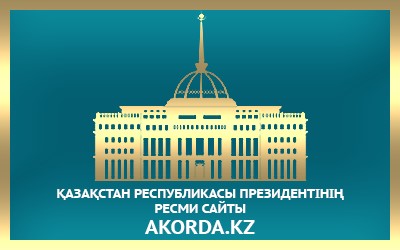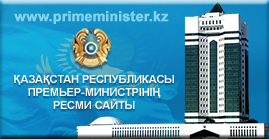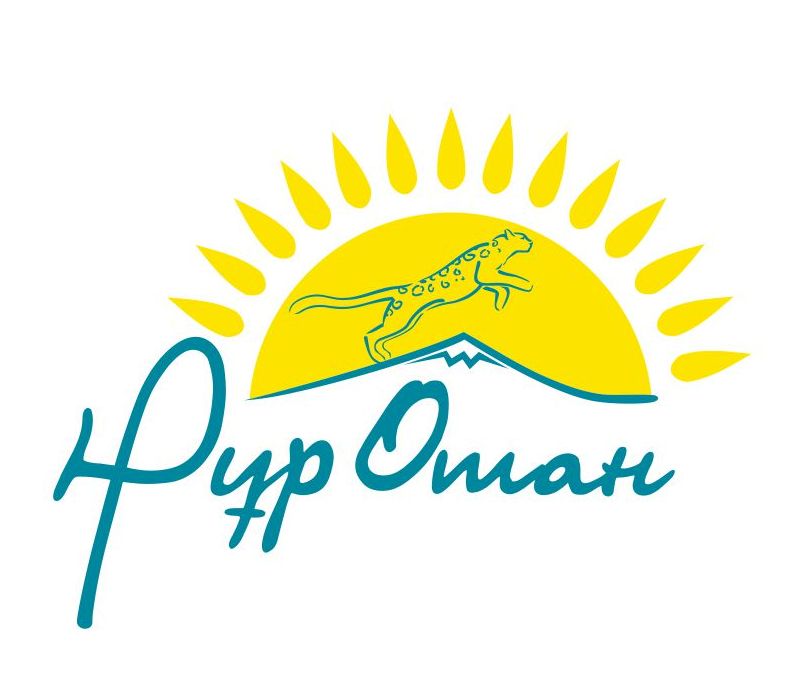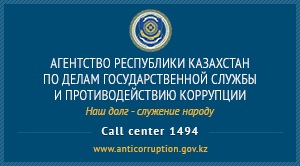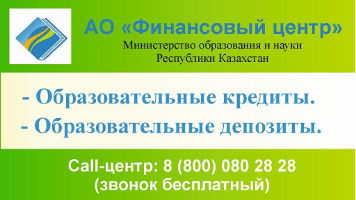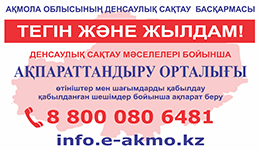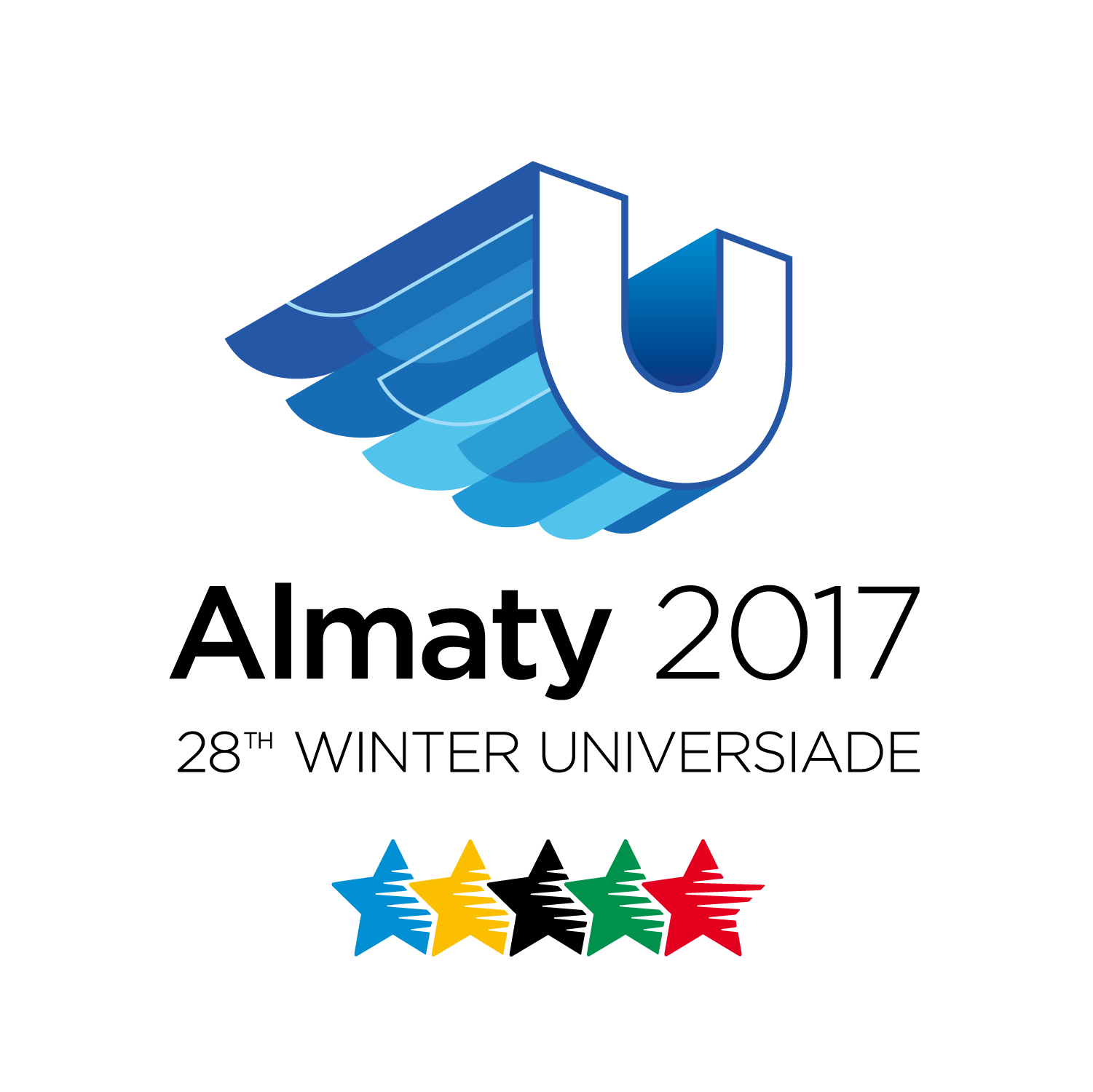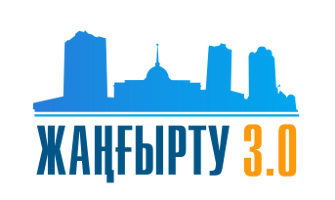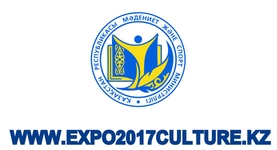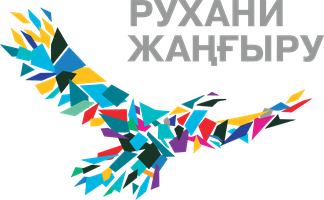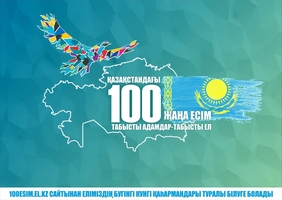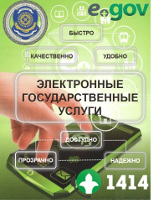
|
Lesson 7 Unit 7.2 Space and Earth |
School: | ||||||
|
Date: |
Teacher name: | ||||||
|
Grade: |
Number present: |
absent:0 | |||||
|
Learning objectives(s) that this lesson is contributing to |
7.C9 Use imagination to express thoughts, ideas, experiences and feelings 7.R1 Understand the main points in a growing range of short, simple texts on general and curricular topics. 7.R2 Understand independently specific information and detail in short, simple texts on a limited range of general and curricular topics 7.R7 Recognise typical features at word, sentence and text level in a growing range of written genres | ||||||
|
Lesson objectieves |
All learners will be able to: | ||||||
|
· Understand the general idea of the text. | |||||||
|
Most learners will be able to: | |||||||
|
· Identify the type of the text; | |||||||
|
Some learners will be able to: | |||||||
|
· Apply newly learned vocabulary correctly; · Find the most detailed information in the text. | |||||||
|
Language objective |
To review vocabulary | ||||||
|
Value links |
Respect | ||||||
|
Cross curricular links |
Literature | ||||||
|
Previous learning |
Students discussed Science fiction books films and characters | ||||||
|
Use of ICT |
Projector or Smart board to show a presentation | ||||||
|
Intercultural awareness |
Students will be able to understand that computers are everywhere nowadays. | ||||||
|
Kazakh culture |
| ||||||
|
Pastoral Care |
Students will be able to understand the importance of human being | ||||||
|
Health and Safety |
Everyday classroom precautions will ensure that safety measures are provided to prevent the exposure of electrical power cords | ||||||
|
Planned timings |
Planned activities |
Resources | |||||
|
Start 2 min
2 min
5 min
1
10 min
5 min
15 min
5 min |
1.Leading-in stage (W) Teacher asks students to remind about the topic. 2. Teacher tells the students the objectives of the lesson understand classroom instructions understand more complex questions which ask for personal information use imagination to express thoughts, ideas, experiences and feelings ask simple questions to get information
3. Warm-up Teacher elicits the information by asking the following questions. ü What is science fiction? ü What features do science fiction have? ü What are the examples of technology? ü Have you watched science fiction films which have robots? ü What do you think artificial intelligence is?(W) Differentiation Less able students are given some help from peers.
4.The main part of the lesson Pre-teaching new vocabulary: Teacher shows Students vocabulary with the synonyms given randomly on Power Point Presentation. Students match the words their synonyms. (artificial, intelligence, improve, arrangements, predict)(W) Differentiation More able students are asked to do some sentences with the words given on PPT. Reading for gist: Teacher tells Students to skim the text quickly and say what the text is about and answer who or what Hall is. . (I) Reading for detail: Teacher tells Students to read the text and give short answers to 7(seven) questions. Students read the text again. They should think about the topic of each paragraph then match the five paragraphs with the given headings Differentiation Less able students are asked to match three paragraphs with given headings. 5. Evaluation Teacher evaluates Students by checking how well they remember the meaning of the words and according to the learning objectives 6. Plenary Teacher asks students to write a reflection of the lesson. 3 – new words 2 – adjectives to describe the lesson 1 – one activity you like |
Power Point Presentation slide -2
slide 3
slide 4
Handout 1 Reading;
| |||||
|
End 1min |
Feedback: Teacher asks students what task was difficult to them and which pair worked well.
|
| |||||
|
Additionalinformation | |||||||
|
Differentiation – how do you plan to give more support? How do you plan to challenge the more able learners? |
Assessment – how are you planning to check learners’ learning? |
Critical thinking | |||||
|
Differentiation by support More support: · Some questions are more difficult than others · Allow thinking time. More-able learners: · Encourage students to use previously learned vocabulary. |
· The teacher will observe and guide the students helping with their questions. Oral formative assessment |
Students try to express opinions
| |||||
|
Summary evaluation What two things went really well (consider both teaching and learning)? 1: 2: What two things would have improved the lesson (consider both teaching and learning)? 1: 2: What have I learned from the lesson about this class or individuals that will inform my next lesson?
| |||||||
Name_________________________________________________Grade7______Date________
|
SP reference |
Learning objective |
Task |
|
7.R1 |
understand the main points in a growing range of short, simple texts on general and curricular topics |
You should: ü read the text and match the paragraphs with the headings (Task 3); ü identify the type of the text (Task 1) ü find the specific information in the text (Task 1-2) |
|
7.R7 |
recognise typical features at word, sentence and text level in a growing range of written genres | |
|
7.R2 |
understand independently specific information and detail in short, simple texts on a limited range of general and curricular topics |
ARTIFICIAL INTELLIGENCE
1. Predicting the future isn’t easy. In 1943 Thomas Watson, chairman of the company IBM, said, ‘I think there’s a world market for about five computers.’ Even in the 1970s, many experts were saying, ‘No one will want a computer in their home.’ But today, computer technology is everywhere.
2. ‘You already have several computers in your kitchen,’ says Dr. Rodney Brooks of MIT (the Massachusetts Institute of Technology), pointing to the computer chips in out coffee makers, fridges, washing machines and ovens. It is almost impossible to imagine a world without computers.
3. Dr. Brooks is director of MIT’s Computer Science and Artificial Intelligence Laboratory. He says that computers are not only becoming more common, they’re getting smarter too. They’re starting to think.
4. Scientist at AI Research are developing their own thinking robot, called Hal. Child expert Anat Treister – Goren is teaching Hal to speak. She talks to him and reads him children’s stories. Baby Hal is growing up fast, and his language level is improving quickly. Soon, if you speak to him, you might think he’s human!
5. AI experts are optimistic. They hope that, one day, intelligent machines will be all around us. Perhaps everyone will have a Hal- their own personal assistant. If you’ve got a question, Hal will know the answer. If you want to go on a trip, Hal will be able to make all the arrangements. He’ll never get tired, he’ll never be ill and he’ll never get angry. The technology is almost here. Think about it. Would you like your own ‘Hal’?
Task
1: Read the text and answer the questions.
1) Who or what is Hal?
_________________________________________________________________
2) What kind of text is it?
a) newspaper article
b) science fiction story
c) popular magazine story for kids
Task
2: Read the text and give short answers for the questions. WRITE NO MORE THAN 2 WORDS.
|
1 |
Who wasn’t optimistic about the future of computers? (name) |
|
|
2 |
Who said that people wouldn’t have computers in their home? |
|
|
3 |
Why is Hal special? |
|
|
4 |
What is becoming better in Hal’s learning? |
|
|
5 |
What will Hal work as in the future? |
|
|
6 |
Who is Hal’s teacher? (name) |
|
|
7 |
What will be everywhere and around us? |
|
Task 3: Think about the topic of each paragraph then match the five paragraphs with these headings.
A. Now they can think! _____________
B. Hal’s future. _____________
C. Computers in the home. _____________
D. The experts were wrong. ______1______
E. Hal’s education. _____________
Answers:
Task 1:
1) robot
2) newspaper article
Task 2:
1) Thomas Watson 2) experts 3) It speaks. 4)language level 5) (personal) assistant 6)Anat Treister - Goren 7) intelligent machines
Task 3:
Paragraph 1 – D
Paragraph 2 – C
Paragraph 3 – A
Paragraph 4 – E
Paragraph 5 – B

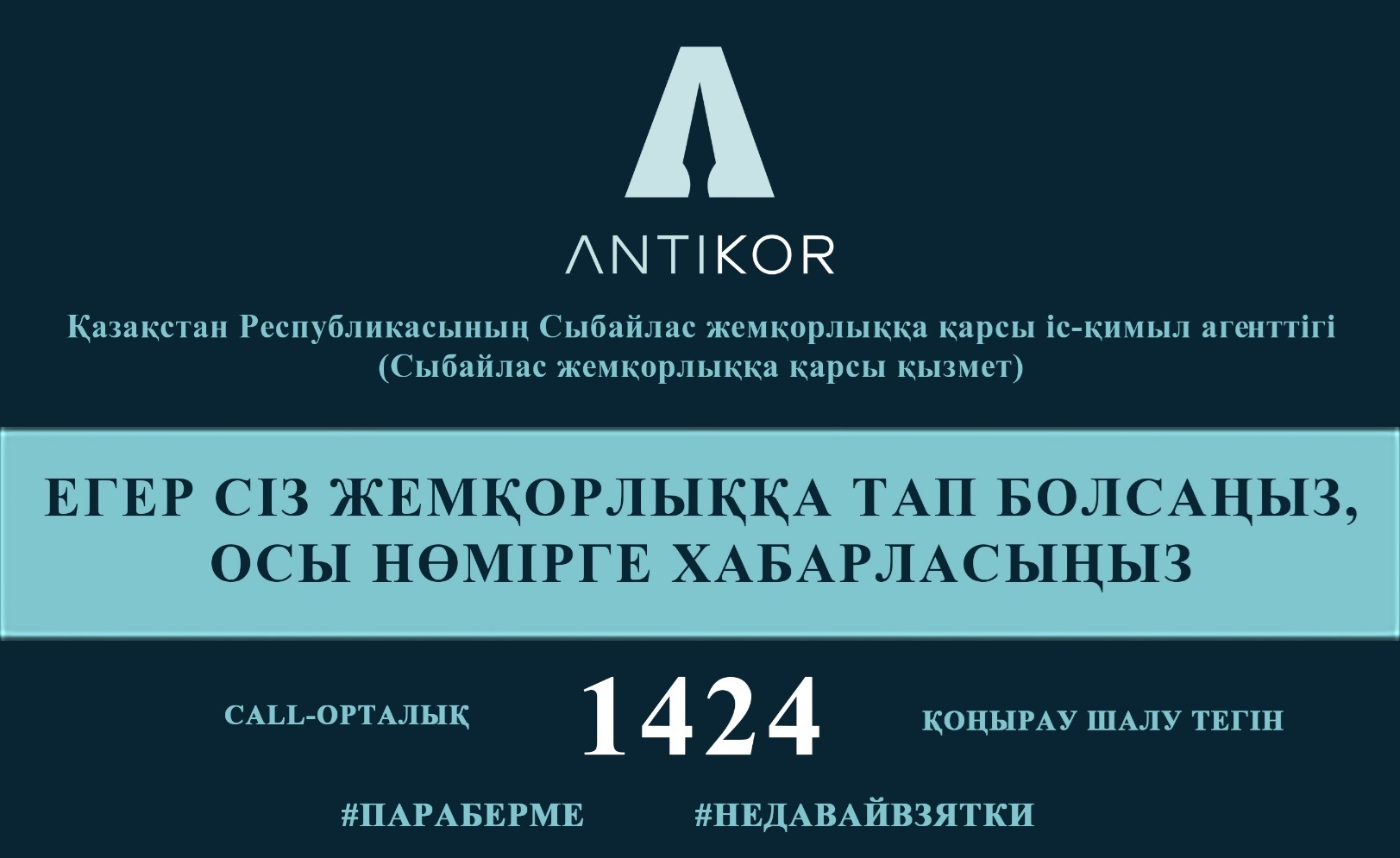
 Мектепке дейінгі балалар ұйымына жолдама қалай алуға болады
Мектепке дейінгі балалар ұйымына жолдама қалай алуға болады
 Мектепке тіркеу үшін құжаттарды қабылдау
Мектепке тіркеу үшін құжаттарды қабылдау
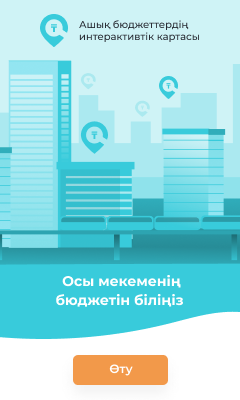
 "Менің Отаным Казахстан" атты...
"Менің Отаным Казахстан" атты...
